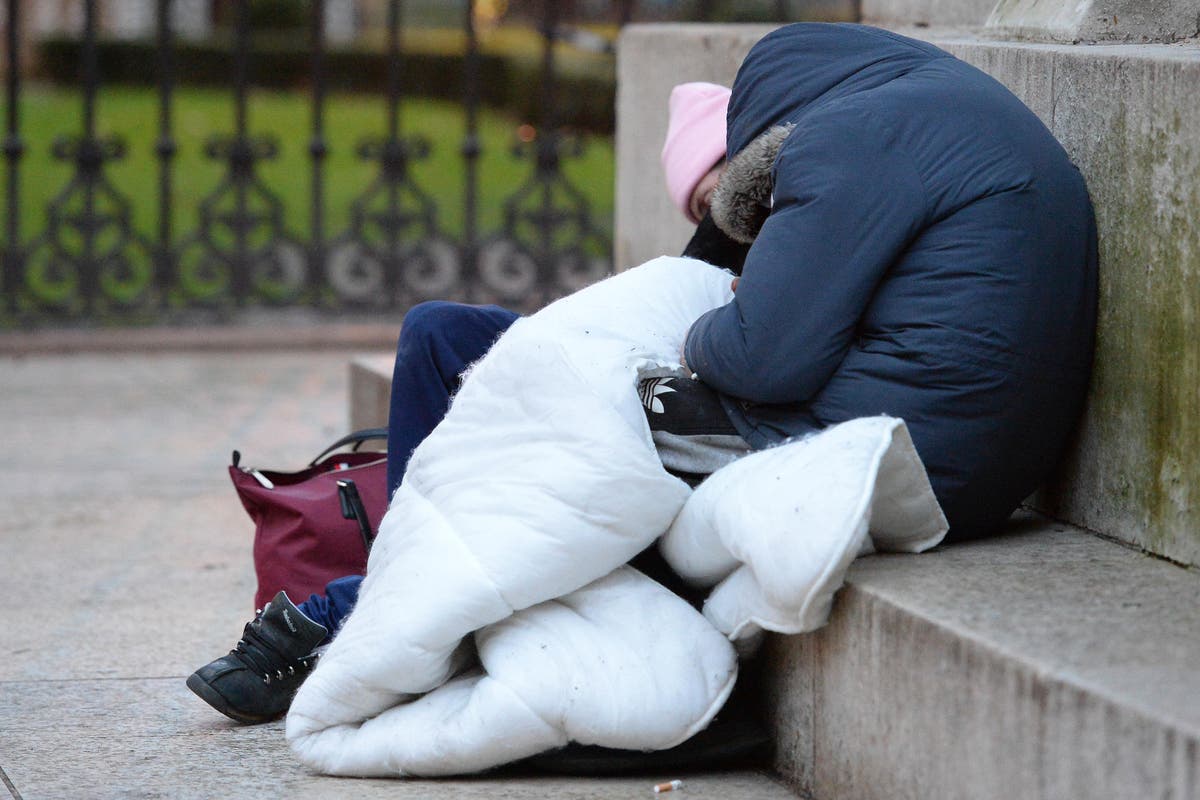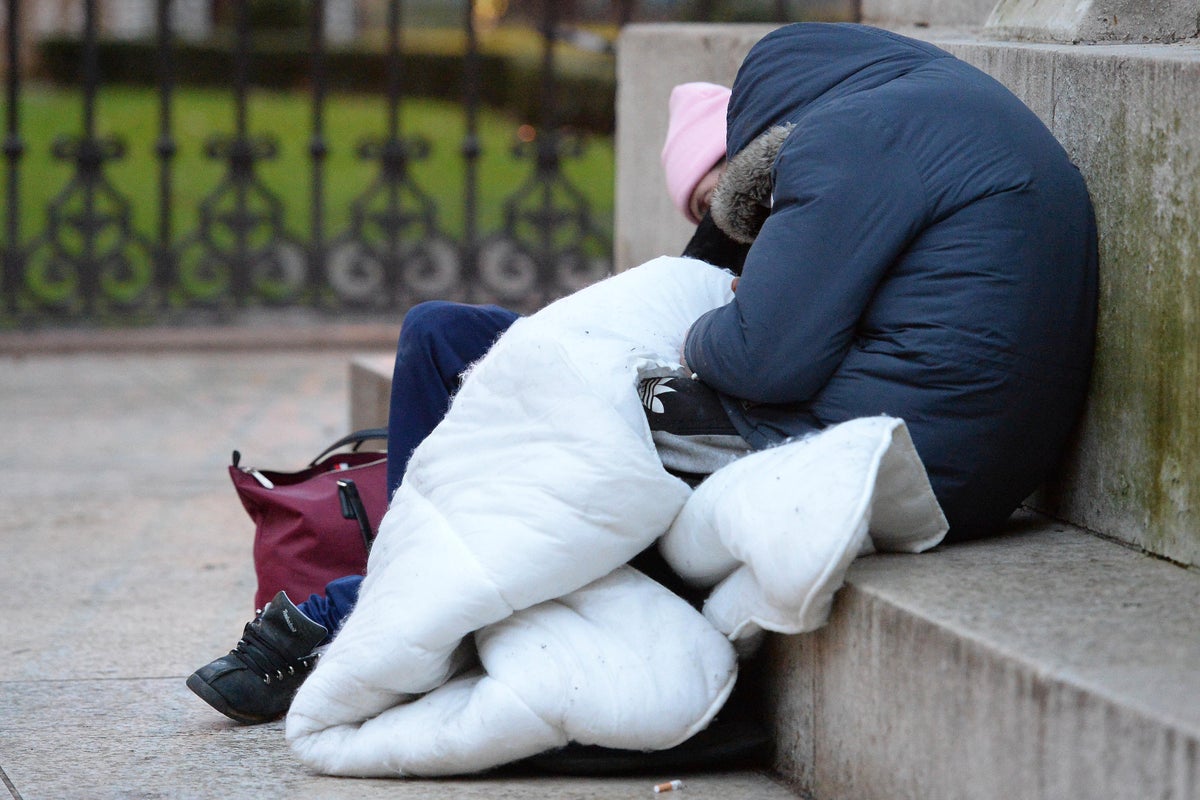Major political events can have dramatic impacts on the sleep, alcohol consumption, and emotional well-being of people across the world, according to a new study.
Researchers, including those from the Beth Israel Deaconess Medical Center in the US, assessed the relationship between highly anticipated events, such as major elections, and people’s sleep and mental health.
Their findings, published recently in the National Sleep Foundation’s journal Sleep Health, provides evidence for the conventional wisdom that divisive political events can negatively influence a wide range of factors related to public mood such as sleep and alcohol consumption.
“It is unlikely that these findings will come as shock to many given the political turbulence of the last several years,” study corresponding author Tony Cunningham said in a statement.
“Our results likely mirror many of our own experiences surrounding highly stressful events, and we felt this was an opportunity to scientifically validate these assumptions,” Dr Cunningham said.
In the study, scientists surveyed 437 participants in the US and 106 international participants daily between 1-13 October, 2020 (before the US election) and 30 October-12 November, 2020 – days surrounding the election.
Participants reported their duration and quality of sleep, alcohol consumption, as well as subjective experience of overall stress.
Researchers asked respondents to assess the previous night’s sleep by recording their bedtimes, time required to fall asleep, number of awakenings through the night, and their morning wake time.
Participants also reported the time they spent napping during the day as well as the previous night’s alcohol consumption.
Their responses suggested a reduced sleep quantity and efficiency, heightened stress, negative mood as well as alcohol use in the period surrounding the election.
While researchers found worsening health habits that significantly correlated with mood and stress among US residents during this period, they say these effects were observed at a lower level in non-US participants.
And while both US and non-US participants reported losing sleep in the run-up to the election, those in America had significantly less time in bed in the days around the election.
Participants reported waking up frequently during election night and experiencing poorer sleep efficiency.
Those who ever reported drinking alcohol significantly increased consumption on three days during the assessment period – Halloween, Election Day, and the day the election was called by more media outlets, the study found.
Researchers also found significant links between these changes and sleep, drinking, stress, negative mood, and depression.
While there was no change in alcohol consumption over the November assessment period among non-US participants, researchers report a sharp rise in reported stress for both groups in the days leading up to the November 3 election.
“This is the first study to find that there is a relationship between the previously reported changes in Election Day public mood and sleep the night of the election,” Dr Cunningham said.
“If the relationship between sleep and elections is also bidirectional, it will be important for future research to determine how public mood and stress effects on sleep leading up to an election may effect or even alter its outcome,” he added.
Since the elections took place amid the Covid-19 pandemic, researchers call for further studies with more representative and diverse samples to confirm the exclusive impacts of political stress on the public mood and sleep for the general public.
“These results suggest that major sociopolitical events can have global impacts on sleep that may interact with significant fluctuations in public mood and well-being,” they wrote in the study.



More Stories
New vaccine may hold key to preventing Alzheimer’s, scientists say
Just 1% of pathogens released from Earth’s melting ice may wreak havoc
Europe weather: How heatwaves could forever change summer holidays abroad